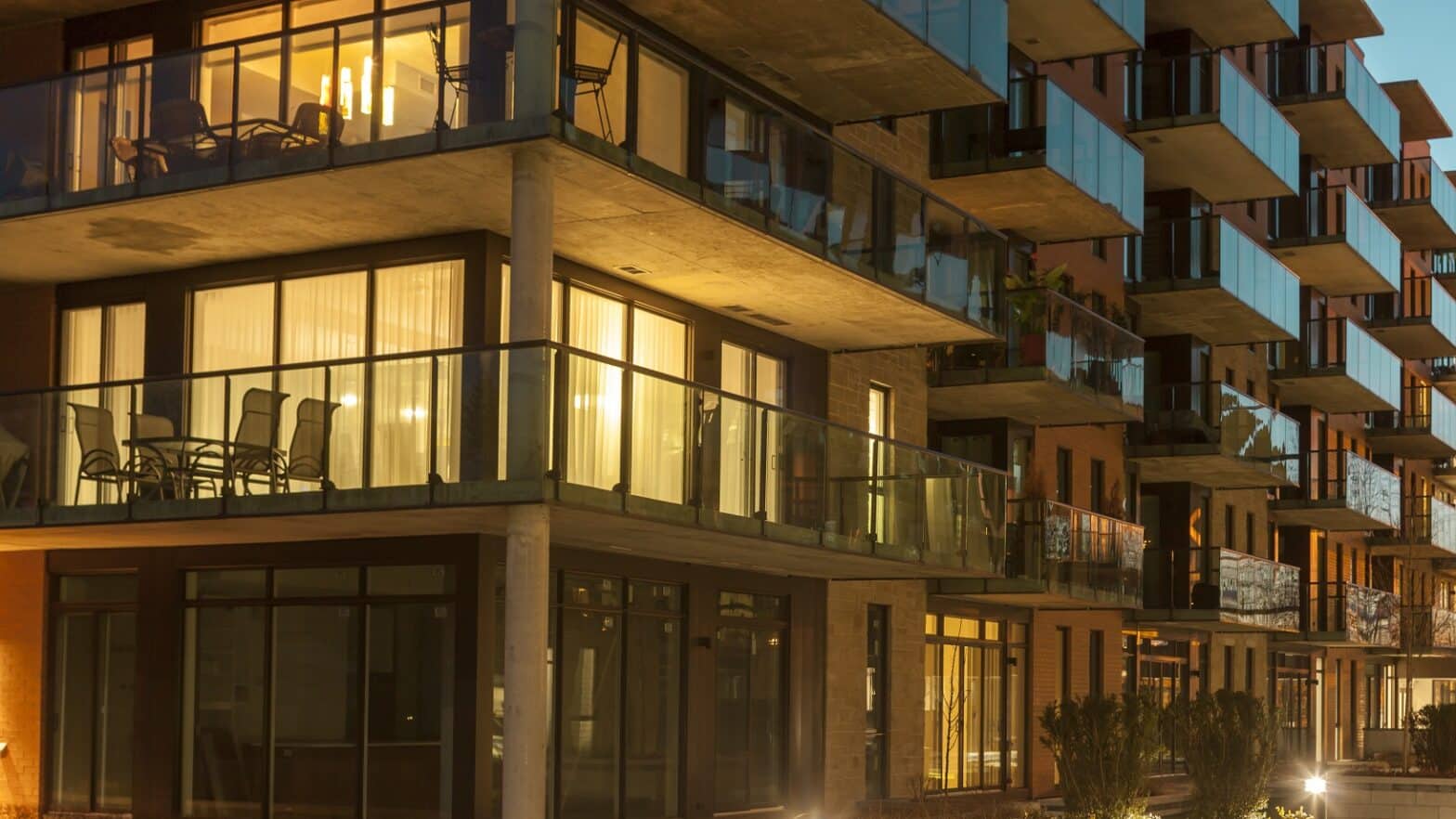
Remediation Orders under the Building Safety Act 2022
We recently looked at the unintended consequences of the Building Safety Act 2022 (the “Act”). As a new area of law, there are still many questions on the application of the Act in practice.
On 9 August 2023, the First-Tier Tribunal Property Chamber handed down its first remediation order under section 123 of the Act which provides useful guidance for both leaseholders and landlords/developers going forward.
What is a remediation order?
A remediation order is an order made by the Tribunal on the application of an interested person requiring a ‘relevant landlord’ to remedy ‘relevant defects’ in self-contained buildings that are at least 11 metres high or have at least five storeys and which contain at least two separate dwellings.
At its most basic a ‘relevant defect’ is a defect which poses a risk of fire spread or building collapse. A relevant landlord is that person with an obligation for remedying the defect (such as a landlord under a long lease with an obligation to repair and maintain common parts).
Typically an interested person will be the leaseholder(s) but the definition under the Act extends to the regulator, local authorities and fire and rescue authorities
Tribunal’s decision in Waite & others v Kedai Limited
This case concerned a residential block in Lambeth. Formerly commercial premises, it was converted around 7 years ago to a six storey mixed use building with commercial premises at ground floor level and residential flats above.
Post Grenfell, concerns were identified in relation to the cladding. The Tribunal decision identifies that a number of reports were commissioned over an extended period of time but no works were undertaken, leading to the action being commenced by a group of residential leaseholders against their landlord. The application was successful and the landlord was required under the terms of the Remediation Order to undertake a series of identified works within a period of around 2 years.
The Tribunal recognised that there is very little, if any, guidance as to the statutory test to be applied. Whilst the Tribunal made it clear that each case will turn on its own facts, it is important to note the following:
- The Act is designed to work for leaseholders in a straightforward way. Section 123 has been drafted broadly in order to give wide power to the Tribunal.
- It is irrelevant whether the work done at the time did or did not comply with the then extant Building Regulations. If work which complied with Building Regulations at the time they were originally undertaken in fact now represent a ‘relevant defect’ then the remedial work needed to remove the defect can be the subject of a remediation order.
- Whilst the Tribunal accepted that the leaseholders must establish a prima facie case, it is neither necessary nor helpful to assign formal burdens of proof on either party. This is an evidence-based exercise, led by inspection reports and expert evidence as well as the Tribunal’s own experience/expertise in building matters.
- The Act is not prescriptive as to the works that will be necessary to remedy the relevant defect(s). The scope of works will vary from case to case. On some occasions, a full specification will be provided. In others, a broad schedule will suffice.
- The landlord/developer is responsible for the costs of preparing a specification of works as the purpose of the Act is not to impose a costly burden on leaseholders. In addition, the landlord is often best placed to negotiate a specification with contractors and will be able to provide necessary access to the property in question.
- The Tribunal did not consider that the leaseholders’ approval of the remedial works specification was a precondition to the remedial works being carried out. While the Act is silent on this the Tribunal considered that it did not allow such a precondition to be imposed. The purpose of a remediation order is to fix a relevant landlord with a responsibility to undertake specified works within a set period of time. The detail of the scheme would be the subject of building control approval, review by the fire authority and possibly planning consent. This would provide the necessary safeguards over the appropriateness of the specification and the quality of the work. The Tribunal also directed that an independent report be produced after completion of the work to confirm the adequacy of the work and the absence of an ongoing fire risk.
- The Tribunal confirmed that it had no power in these proceedings to provide compensation to the leaseholders or to direct that the costs of remedial work would not be passed through the service charge. As to the latter the Tribunal confirmed that if concerns were identified in this respect it was open to the leaseholders to commence a fresh claim in the Tribunal.
- Section 123 is silent on the standard of remediation works and the landlord’s proposal state that the standard be to that required by the Building Regulations in force at the time of the original works (i.e. in 2016). However that would lead to an obvious difficulty because all remedial work must comply with the Building Regulations in force at the time the remedial work is undertaken. The Tribunal therefore confirmed that in this case (and we assume this will be followed in all future cases) that the remediation works must comply with the Building Regulations applicable when the remedial work is undertaken and follow PAS 9980:2022 (the current code of practice for conducting Fire Risk Appraisals of External Walls).
This is the first decision in which a remediation order has been made and no doubt further decisions will come to light in the coming months which will provide further insight and guidance into the Tribunal’s approach to securing remediation of fire safety defects.
How we can help
If you would like to discuss the implications of the Act for you, whether you are a landlord or leaseholder, please contact our expert Property Disputes team.
Talk to us about
Related services

















